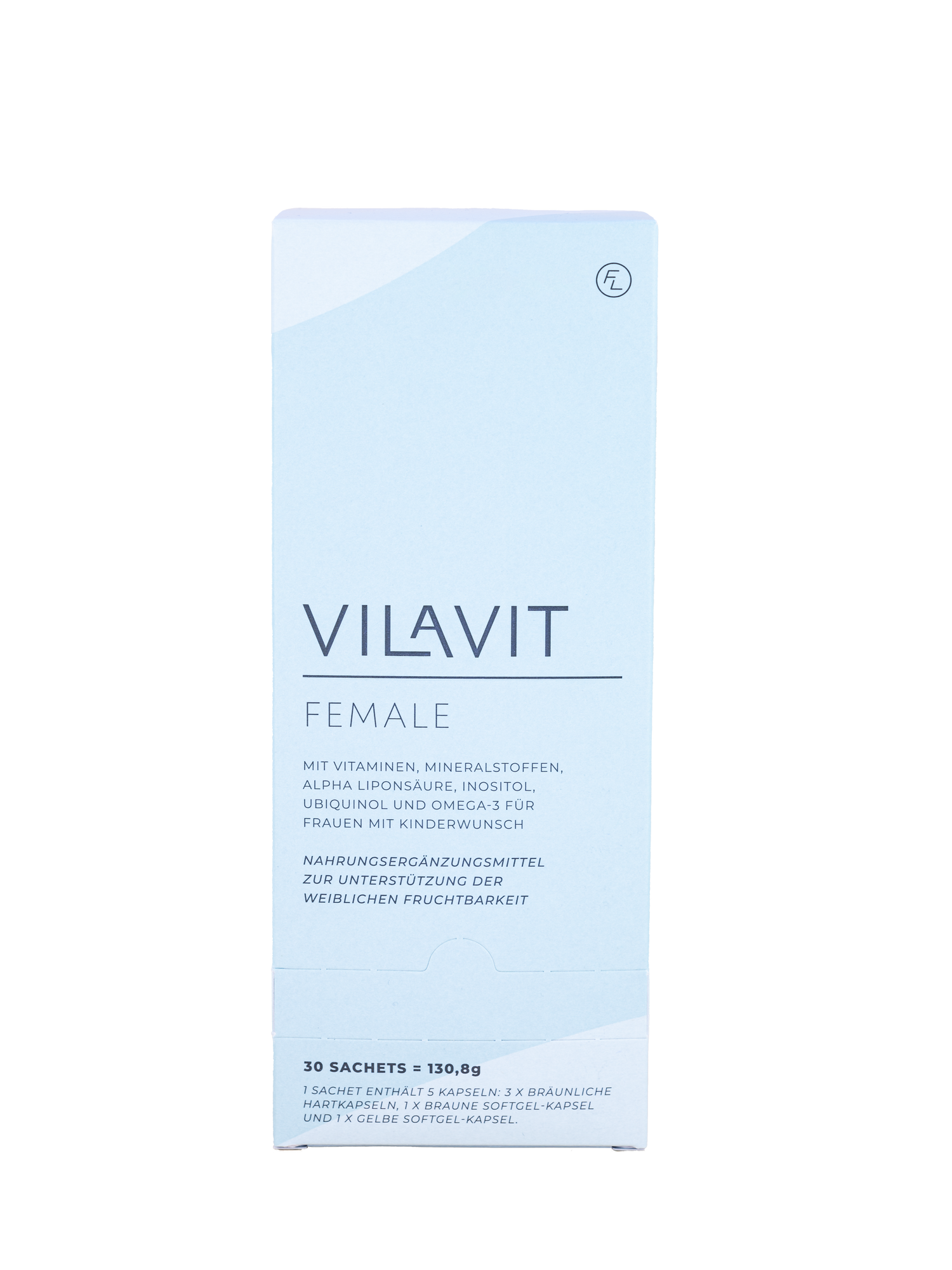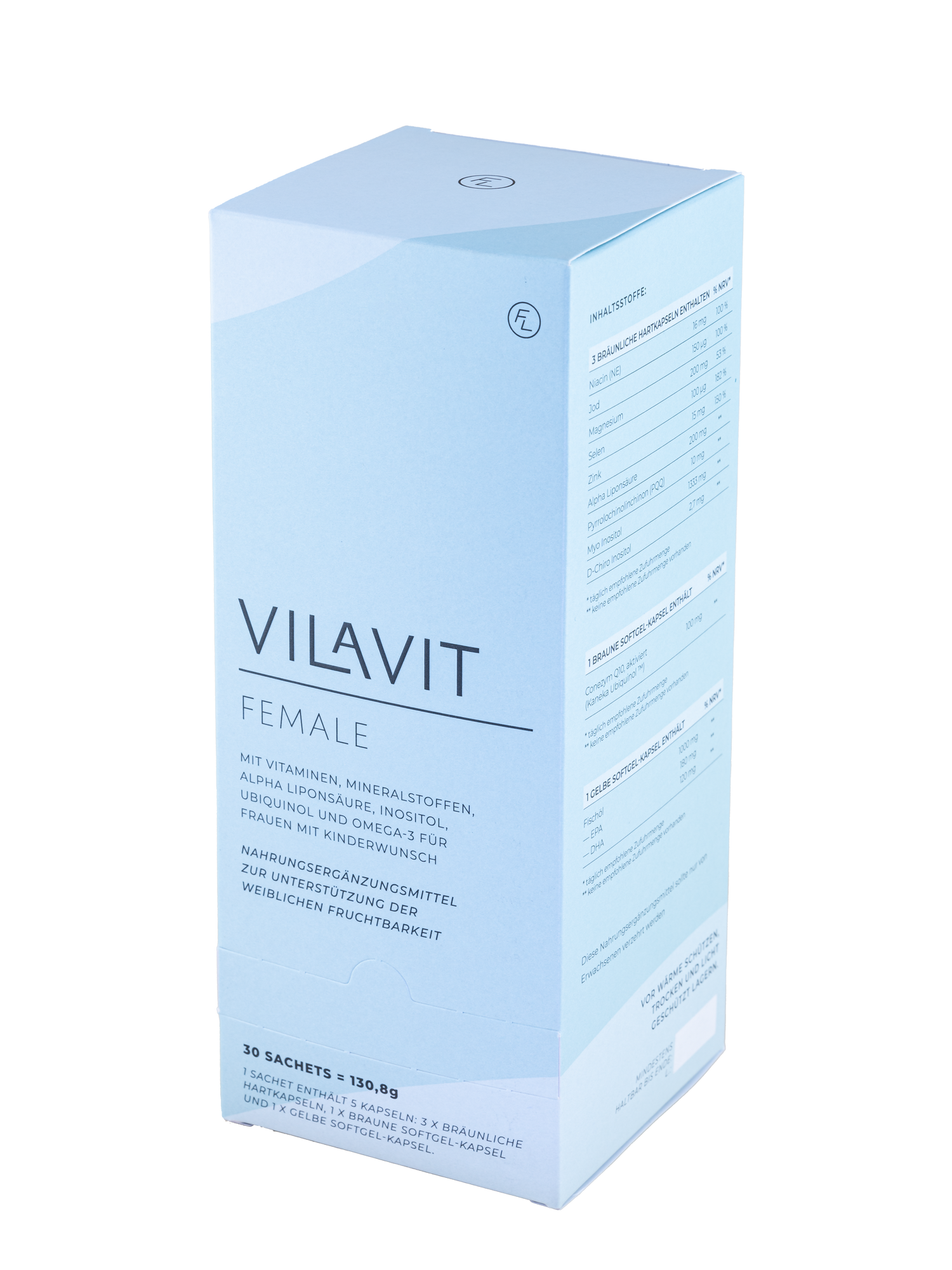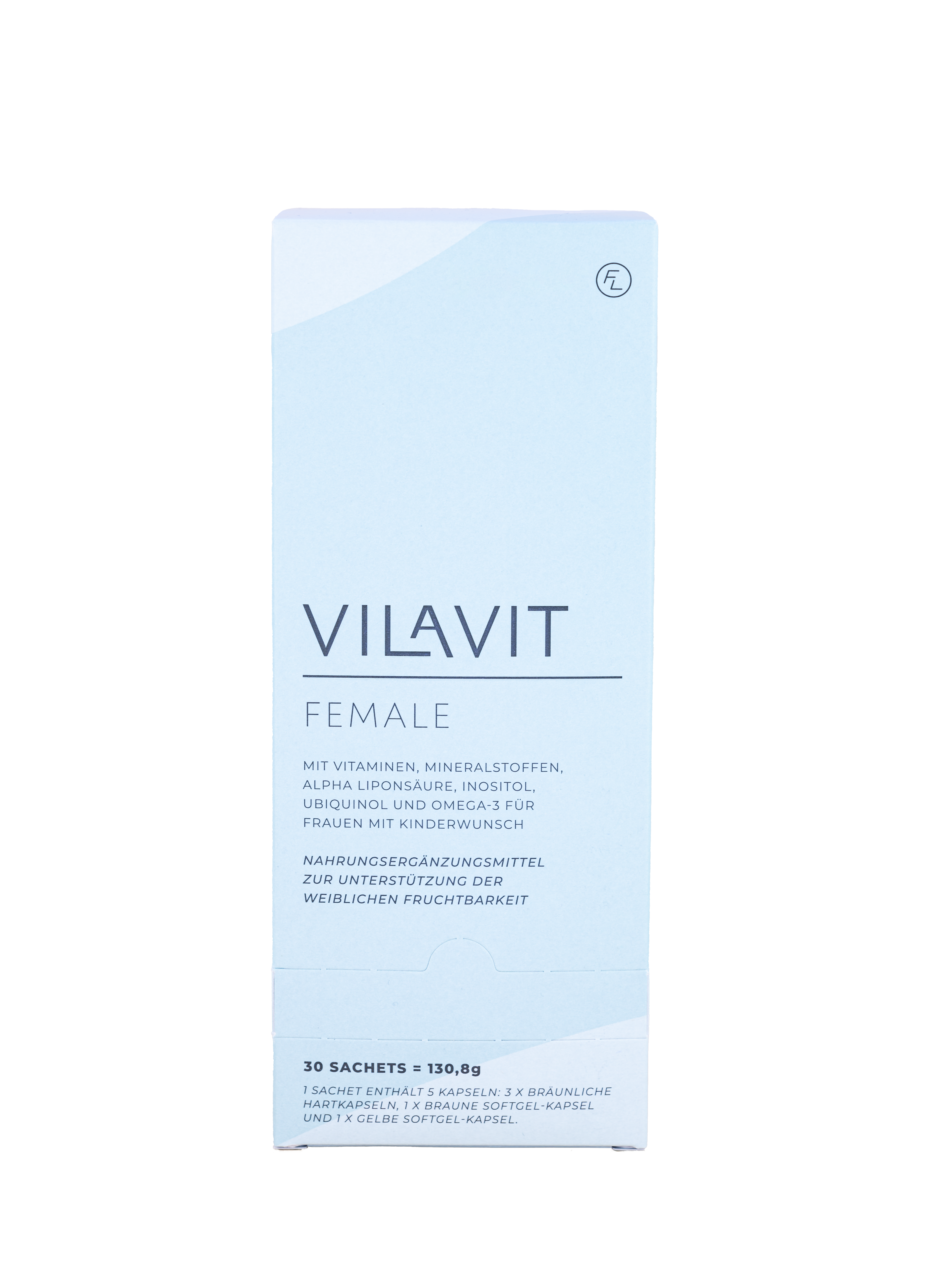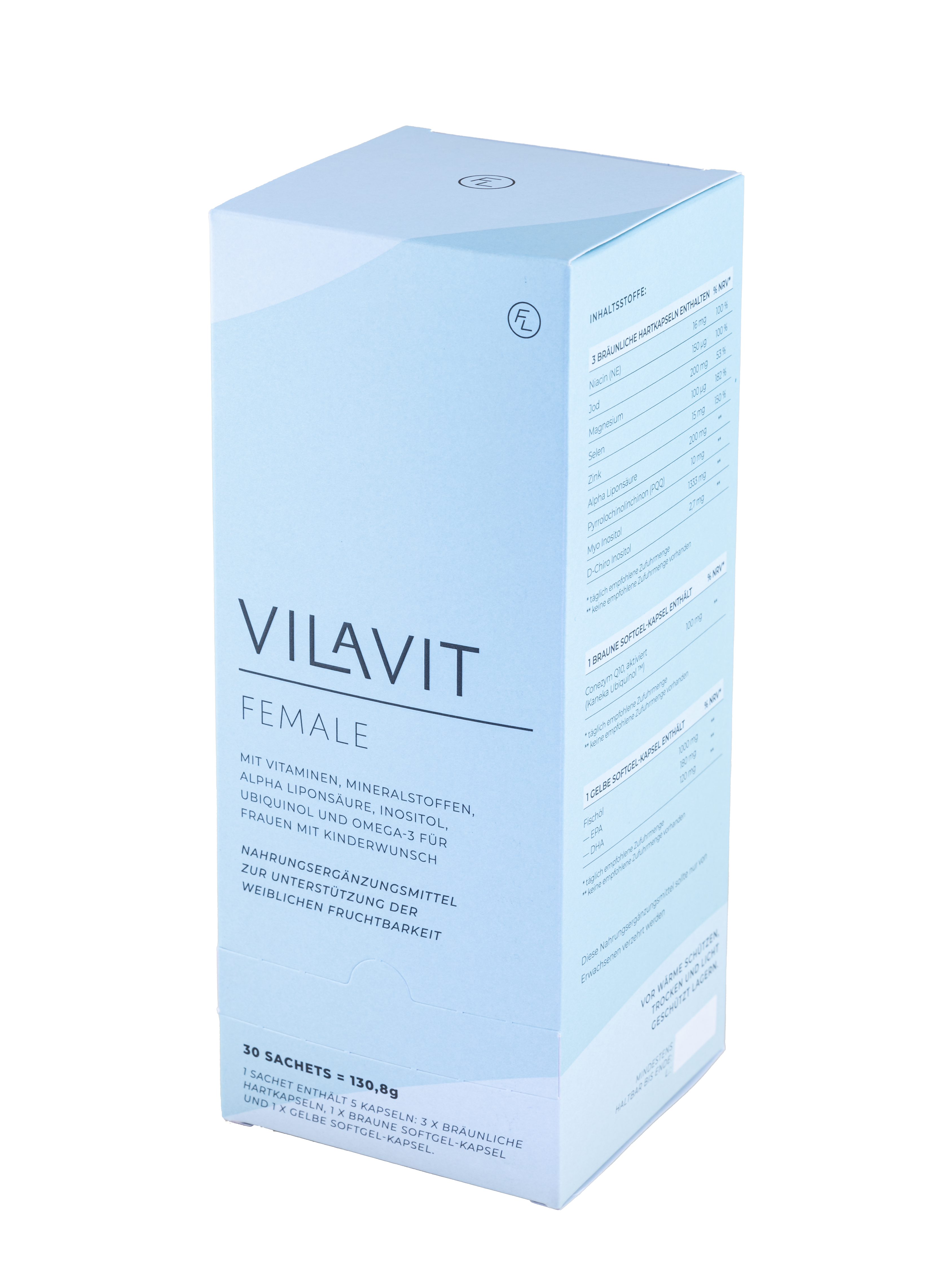Oocytes play a fundamental role in reproduction, and their health significantly impacts the success of a pregnancy. The good news is that our diet and lifestyle can profoundly influence the health and vitality of our eggs. So, how can we improve and optimize our oocyte quality? In this blog, we explore the science behind this concept, examine practical applications, and shed light on how nutrient supplements can offer support in this area.
Pimp My Eggs: Egg Quality Is Everything.
In the first few weeks after fertilization, embryos face significant challenges, with many naturally not surviving. About one-third of fertilized embryos develop into babies, while in the context of IVF, the chances of survival are even lower. Even when embryos reach the blastocyst stage and are transferred to the uterus, successful implantation often fails, leading to unsuccessful IVF cycles. The significance of egg quality is often underestimated, though it is crucial for the development potential of the fertilized egg, both in natural conception and in IVF.
A crucial factor in the potential for pregnancy is the correct number of chromosome copies in the oocytes. Chromosomal anomalies in the oocytes significantly affect fertility. Anomalies can arise during the maturation process, especially during cell division as the eggs mature. Numerous studies have shown that specific nutrients supported by 'Pimp My Eggs' assist the body in the egg maturation process, thereby promoting egg quality and subsequently embryo quality.
The recommended application should span at least three months, as oocytes require this duration for maturation. 'Pimp My Eggs' is recommended both to support natural pregnancy and before artificial insemination. This regimen is particularly suitable for women over 35, as egg cell quality drastically declines from age 35 onwards.
The following daily dose is circulating on the internet (however, the dosage does not correspond to scientific studies):
Coenzyme Q10 Ubiquinol: 200mg
Zinc: 30mg
Vitamin D: 2000 IU
Omega-3: 1000mg
Selenium: 200mcg
Folic acid: 800mcg
It is important to note that this recommended dosage exceeds the recommended daily maximum levels in Germany and Austria. Excessive dosage over a prolonged period can be harmful, so we recommend not experimenting with the dosage on your own.
The aim of the 'Pimp My Egg' regimen is to increase fertility and can be discontinued upon successful conception. However, since pregnancy also requires a particularly high need for vitamins, it is advantageous to continue some nutrients as a supplement to a healthy diet. This includes especially folic acid, as well as vitamin D and Omega-3, all crucial for the baby.
Tip: VILAVIT Female with added important antioxidants
To simplify the 'Pimp My Eggs' method and avoid the need for a pantry full of supplements, VILAVIT was developed. Our Scientific Board has optimally dosed the 'Pimp My Eggs' formula and extended it with antioxidants to protect the eggs. VILAVIT Female supports oocyte maturation, thus promoting female fertility.
Similar applications exist for men under the term 'Pimp My Sperm,' aiming to improve sperm quality and quantity."















